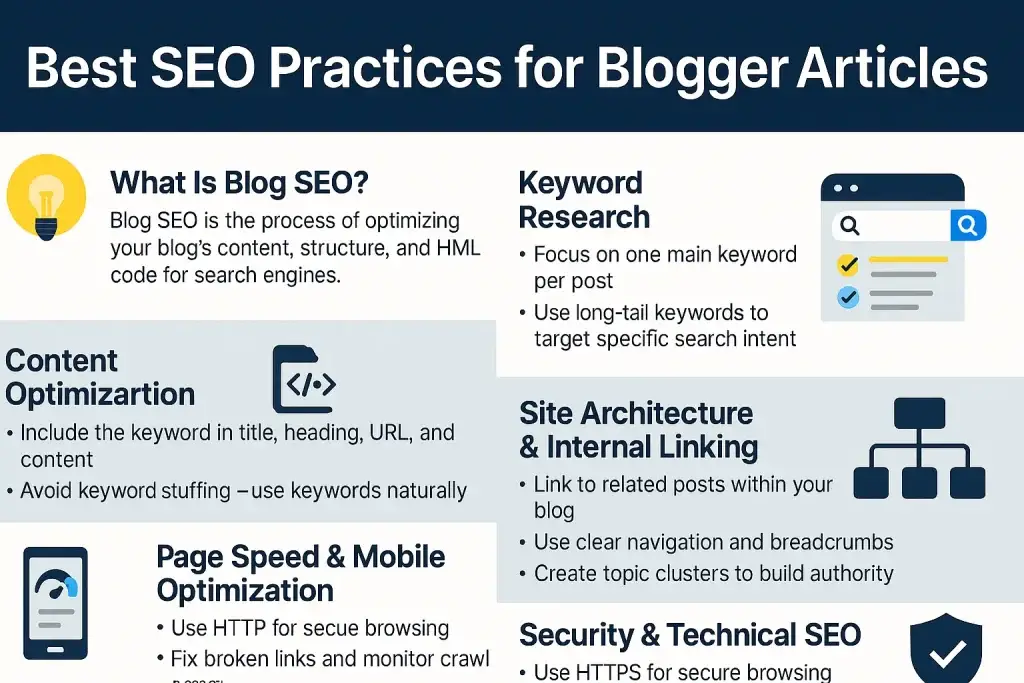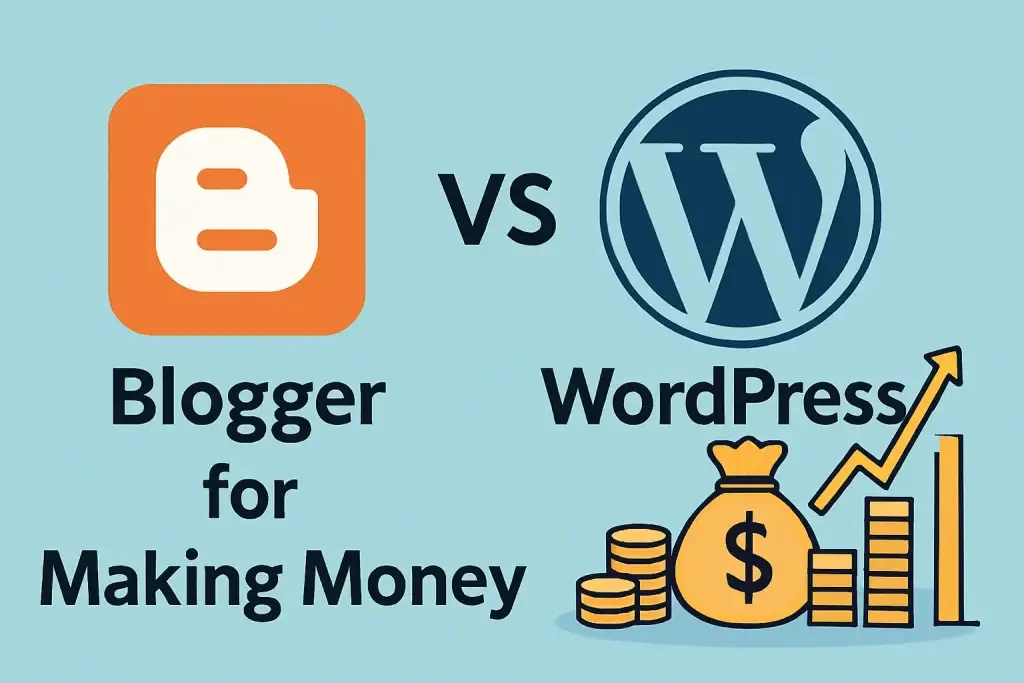Lazy Load AdSense Script for Better SEO & Speed
In today’s competitive digital landscape, optimizing your website for SEO, page speed, and user experience is no longer optional—it’s essential.
One of the most overlooked performance bottlenecks is the early loading of Google AdSense scripts. These scripts can slow down your site, especially on mobile devices, affecting both your Core Web Vitals and your search engine rankings.
Why Lazy Load AdSense Scripts?
By default, AdSense scripts load immediately when the page loads. This can negatively impact:
- Largest Contentful Paint (LCP)
- First Input Delay (FID)
- Google PageSpeed Insights score
- Mobile performance
Using a lazy loading technique allows you to delay the loading of AdSense until after a few seconds, improving your site’s initial load time and enhancing the overall experience for your visitors.
How the Delayed AdSense Script Works
This script waits for a few seconds after the page loads before injecting the AdSense script. You can customize the delay time to suit your needs. Here’s the full code:
Copy This Lazy AdSense Script
📦 Delayed AdSense Script (with Copy Button)
<!-- [Delayed AdSense Script - Load after X seconds] -->
<script>
var delayInSeconds = 3; // Change this value as needed
setTimeout(function() {
var adScript = document.createElement('script');
adScript.setAttribute('crossorigin', 'anonymous');
adScript.async = true;
adScript.src = 'https://pagead2.googlesyndication.com/pagead/js/adsbygoogle.js?client=ca-pub-0000000000000000';
var firstScript = document.getElementsByTagName('script')[0];
firstScript.parentNode.insertBefore(adScript, firstScript);
}, delayInSeconds * 1000);
</script>
Benefits of Lazy Loading AdSense
Here are the top reasons why developers and bloggers are switching to lazy AdSense scripts:
- Improved Page Speed: Faster load times lead to better SEO and lower bounce rates.
- Better User Experience: Visitors see your content faster without waiting for ads to load.
- Higher Engagement: Users are more likely to interact with your site when it loads smoothly.
- SEO Optimization: Google rewards fast-loading sites with higher rankings.
Is Lazy Loading AdSense Safe?
Yes, but with caution. While Google AdSense does not explicitly forbid lazy loading, you should ensure that:
- You do not block or manipulate ad behavior.
- You allow ads to load within a reasonable time frame.
- You monitor your AdSense earnings and impression rates after implementation.
Best Practices for Lazy Loading Ads
To get the most out of this technique, follow these tips:
- Use lazy loading only on long-form content pages.
- Avoid using it on homepage or short articles.
- Test your site with Google PageSpeed Insights after implementation.
- Track your AdSense performance weekly to ensure no drop in revenue.
Customize the Delay Time
You can easily change the delay by modifying the delayInSeconds variable. For example:
- 3 seconds: Recommended for most blogs
- 5 seconds: For content-heavy pages
- 7+ seconds: Use with caution
Conclusion
Implementing a lazy load AdSense script is a smart move for anyone looking to improve their site’s performance, SEO, and user experience. Just make sure to test thoroughly and monitor your ad metrics.
With the right balance, you can enjoy faster load times without sacrificing ad revenue.
Keywords: Lazy Load AdSense, Improve Page Speed, SEO Optimization, Google Auto Ads, Core Web Vitals, AdSense Performance, Mobile Optimization


